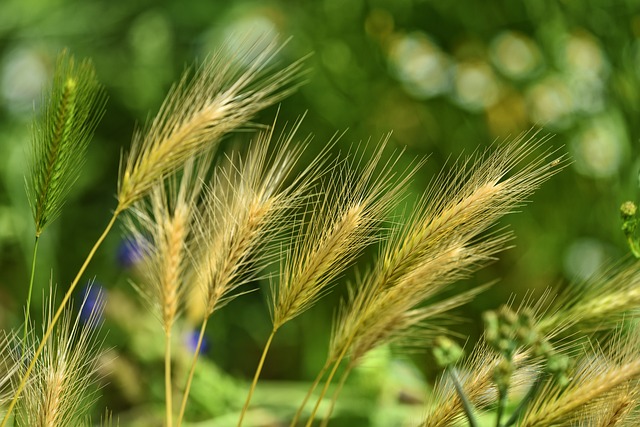As of 2023, Delta 9 THC gummies are legally accessible in Minnesota under specific conditions, governed by a combination of state and federal regulations. The Minnesota Medical Cannabis Program provides legal access for patients with qualifying health conditions, overseen by certified healthcare providers and regulated to ensure compliance with dosage and cannabinoid concentrations. Under federal law, the 2018 Farm Bill authorized hemp derivatives, including Delta 9 THC, so long as they contain less than 0.3% THC on a dry weight basis, which has facilitated a thriving market for these gummies in Minnesota. However, it's crucial to discern between hemp-derived and cannabis-derived THC due to the stringent rules under the Minnesota Department of Health that regulate their use and sale. Consumers must be well-informed about the legal distinctions to ensure they are adhering to Minnesota's laws regarding Delta 9 THC gummies.
These hemp-derived products are legal in Minnesota as long as they comply with the federal and state regulations, which include a THC content of less than 0.3% on a dry weight basis. The gummies typically contain natural fruit flavors, corn syrup, sugar, and gelatin for texture and taste. Users are advised to start with low doses due to individual variability in response to Delta 9 THC, which offers effects like euphoria, relaxation, and pain relief. It's essential to be knowledgeable about the legal status of these products to navigate their use responsibly within Minnesota's laws.
When selecting Delta 9 THC gummies, safety and quality should be paramount, with attention to potency, label accuracy, and avoidance of contaminants. Consumers are encouraged to choose products from reputable brands that provide transparent manufacturing practices and third-party lab results. Adherence to the recommended serving size is important to prevent adverse effects from overconsumption. In Minnesota, hemp-derived Delta 9 THC gummies must be registered with the Department of Agriculture and sold by licensed retailers, reflecting their legal gray area compared to marijuana-derived THC. Users should stay informed about the evolving legal landscape as regulations can change, and local jurisdictions may impose additional restrictions. This summary encapsulates the current status of Delta 9 THC gummies in Minnesota as of 2023.
Discover the world of Delta 9 THC gummies through a comprehensive guide tailored for residents of Minnesota. This article delves into the legal landscape, highlighting the status of Delta 9 THC gummies within state lines. You’ll gain insights into their composition, learn about the science behind their psychoactive effects, and understand how to select the safest and most effective product. Additionally, navigate Minnesota’s specific regulations surrounding possession, usage, and procurement of these cannabinoid-infused treats for a responsible and informed experience. Dive into the nuances of Delta 9 THC gummies, ensuring you’re well-equipped with knowledge whether you’re new to cannabis edibles or looking to expand your understanding.
- Understanding Delta 9 THC Gummies: A Legal Perspective in Minnesota
- Delta 9 Gummies Composition: Ingredients, Dosages, and Effects
- The Science Behind Delta 9 THC: How It Works and Its Psychoactive Properties
- Choosing the Right Delta 9 THC Gummy: Factors to Consider for Effectiveness and Safety
- Navigating Minnesota's Regulations: Buying, Possession, and Usage of Delta 9 THC Gummies
Understanding Delta 9 THC Gummies: A Legal Perspective in Minnesota
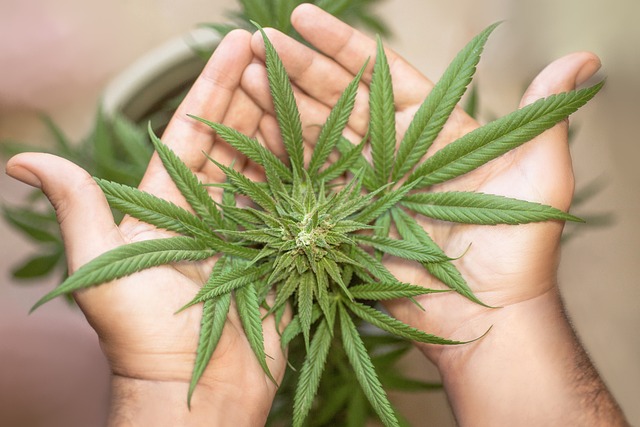
Delta 9 tetrahydrocannabinol (THC) gummies have become a popular consumption method for both medicinal and recreational users in Minnesota, where their legal status has been a subject of evolving regulations. As of the knowledge cutoff date in 2023, Delta 9 THC gummies are legal in Minnesota under certain conditions. The Minnesota Medical Cannabis Program allows patients with qualifying medical conditions to access cannabis products, including edibles, provided they have a recommendation from a certified healthcare provider. This program sets clear guidelines for the types of cannabinoids that can be used, their concentrations, and the dosage forms available.
The legal landscape for Delta 9 THC gummies in Minnesota is shaped by both state and federal laws. At the federal level, the Farm Bill of 2018 legalized hemp derivatives, including Delta 9 THC, provided they contain less than 0.3% THC on a dry weight basis. This has paved the way for the emergence of a hemp-derived Delta 9 THC market in Minnesota. However, it’s crucial for consumers to be aware that while hemp-derived Delta 9 THC products are legal under federal law, state laws can differ significantly. In Minnesota, the state’s Department of Health oversees the medical cannabis program and sets strict regulations on what is permissible within the state. Users must navigate these regulations carefully to ensure they are in compliance with Minnesota’s laws when purchasing or using Delta 9 THC gummies. Understanding the legal distinctions between hemp-derived and cannabis-derived THC is essential for consumers, as these products may be subject to different legal standards.
Delta 9 Gummies Composition: Ingredients, Dosages, and Effects
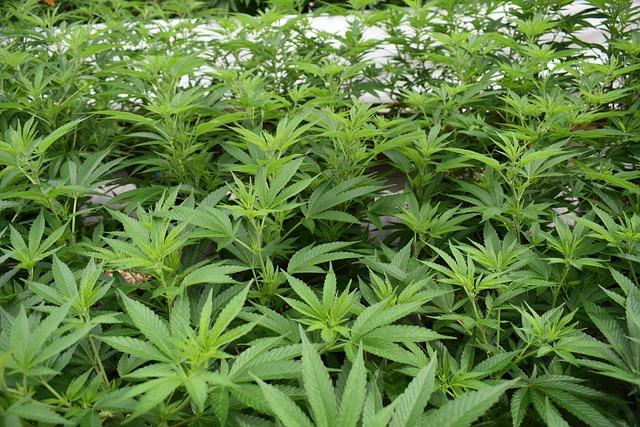
Delta 9 gummies are a popular edible form of cannabinoids derived from hemp, offering a discreet and flavorful way to experience the effects of Delta 9 THC. These gummies are composed of Delta 9 THC, which is the primary psychoactive component found in cannabis sativa. According to Minnesota law, products containing Delta 9 THC are legal provided they contain less than 0.3% THC on a dry weight basis and are derived from hemp compliant with the 2018 Farm Bill. The composition of these gummies typically includes other ingredients such as natural fruit flavors, corn syrup, sugar, and gelatin to give them their signature texture and taste.
When considering dosage, it’s important to start low and go slow, as the effects of Delta 9 THC can vary significantly between individuals. Manufacturers often provide guidelines on dosing, with common starting points being between 5 to 25 milligrams of Delta 9 THC per gummy. It’s advisable to wait for the effects to be fully felt before consuming additional gummies, as the onset of effects can take anywhere from 30 minutes to 2 hours. The effects of Delta 9 THC, which include euphoria, relaxation, and pain relief, can last for several hours, making it essential to consume these gummies responsibly and in a controlled setting. Users should always be aware of their local laws and regulations regarding cannabis-derived products to ensure compliance and safety.
The Science Behind Delta 9 THC: How It Works and Its Psychoactive Properties

Delta-9 tetrahydrocannabinol (Delta 9 THC) is the primary psychoactive component found in cannabis, and it’s the substance that users typically associate with the “high” experience. When consumers ingest Delta 9 THC, it interacts with the body’s endocannabinoid system, a complex cell-signaling system identified in the early 1990s. This system helps maintain homeostasis and has receptors throughout the body, particularly in the brain. Delta 9 THC binds to both CB1 and CB2 receptors, with CB1 receptors predominantly found in the central nervous system, responsible for the psychoactive effects. These effects include altered perception, mood changes, and impaired motor skills. The binding of Delta 9 THC alters neurotransmitter release and modulates the activity of neural circuits, affecting areas of the brain that influence pleasure, memory, thinking, coordination, and sensation.
In Minnesota, the legal status of Delta 9 THC has undergone a series of changes. As of the knowledge cutoff in 2023, Minnesota law allows for the use of cannabis products containing Delta 9 THC for medical purposes under the state’s Medical Cannabis Program. Patients must have a qualifying condition and a certified practitioner’s recommendation to legally access these products. For recreational use, Delta 9 THC is not legal in Minnesota; possession and distribution of cannabis with high levels of THC remain criminal offenses under federal law, despite some local decriminalization efforts. It’s important for consumers to understand the legal landscape surrounding Delta 9 THC, as it varies by location and can have significant implications for individuals who choose to use these products.
Choosing the Right Delta 9 THC Gummy: Factors to Consider for Effectiveness and Safety
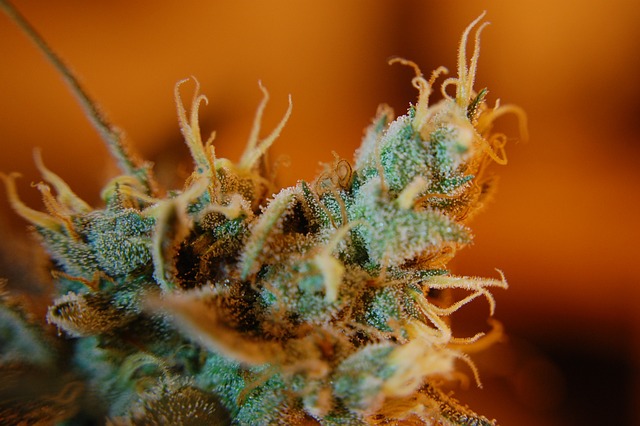
When selecting Delta 9 THC gummies, particularly for those residing in or considering purchase in Minnesota where they are legal, it’s crucial to focus on several key factors to ensure both effectiveness and safety. Firstly, potency is a primary concern; the concentration of Delta 9 THC should align with your tolerance and desired effects. Look for products that clearly state their milligram dosage per gummy, allowing for personalized consumption based on individual needs. Additionally, the source and quality of the hemp or cannabis plant used in production are paramount. High-quality, lab-tested hemp ensures purity and potency, reducing the risk of contaminants that could compromise your well-being.
Safety is a top priority and should guide your selection process. In Minnesota, where Delta 9 THC gummies are legal under certain conditions, it’s essential to choose products from reputable brands with transparent manufacturing processes. Check for third-party lab results that confirm the product’s safety and accuracy of label claims. Furthermore, consider the gummy’s ingredients list; avoid products with additives or fillers that may cause adverse reactions. Lastly, always adhere to the serving size recommended on the product label, as overconsumption can lead to unwanted side effects. By carefully evaluating these factors, you can make an informed decision that aligns with both your health and legal considerations when enjoying Delta 9 THC gummies in Minnesota.
Navigating Minnesota's Regulations: Buying, Possession, and Usage of Delta 9 THC Gummies
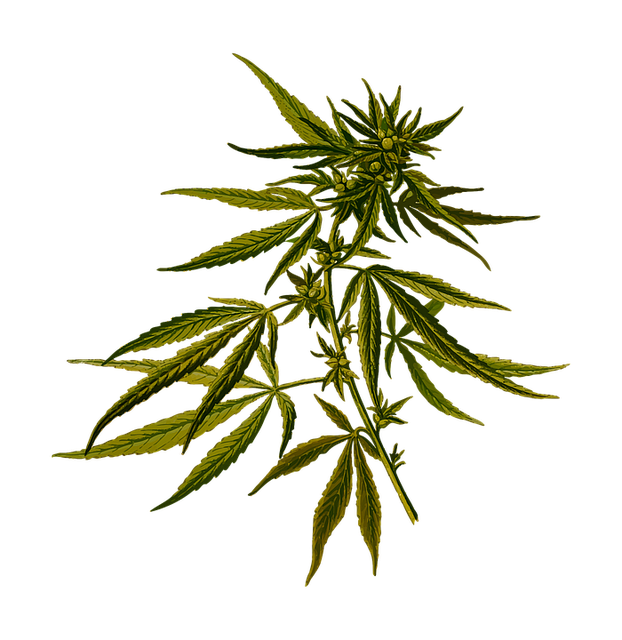
In Minnesota, the landscape of cannabis-related regulations is distinct from neighboring states, with Delta 9 THC gummies occupying a specific legal space. As of the knowledge cutoff in 2023, Delta 9 tetrahydrocannabinol, or THC, derived from hemp is legal in Minnesota under certain conditions. Consumers must navigate state regulations that differentiate between hemp-derived and marijuana-derived THC. Hemp-derived Delta 9 products are legal federally and in Minnesota when they contain no more than 0.3% THC on a dry weight basis, according to the 2018 Farm Bill and state laws. However, Minnesota statutes require that any hemp products sold within the state must be registered with the Department of Agriculture, and retailers must obtain licenses to sell these items. For individuals interested in purchasing Delta 9 THC gummies, it is imperative to ensure that they are buying from a licensed source to comply with possession limits and usage laws. Minnesota residents should also be aware that delta 8 and delta 10 THC compounds are subject to different regulations and may require separate licensing and labeling requirements. Users must adhere to possession limits, which are more stringent than those for marijuana, reflecting the state’s approach to regulating these substances. Always verify the latest legal status of Delta 9 THC gummies in Minnesota, as laws and regulations can change over time and may vary by local jurisdiction.
Delta 9 THC gummies have carved out a niche within the consumable cannabinoid market, particularly in Minnesota where their legal status is clearly defined. This in-depth guide has explored the intricacies of Delta 9 THC gummies, from their legal standing and composition to the science behind their effects and the importance of selecting the right product for safety and efficacy. For those in Minnesota seeking to understand or partake in the benefits of Delta 9 THC, this guide serves as a comprehensive resource, ensuring informed decision-making within the boundaries of state regulations. As the understanding of cannabinoids continues to evolve, so too will the options and opportunities for responsible enjoyment of products like Delta 9 THC gummies.
